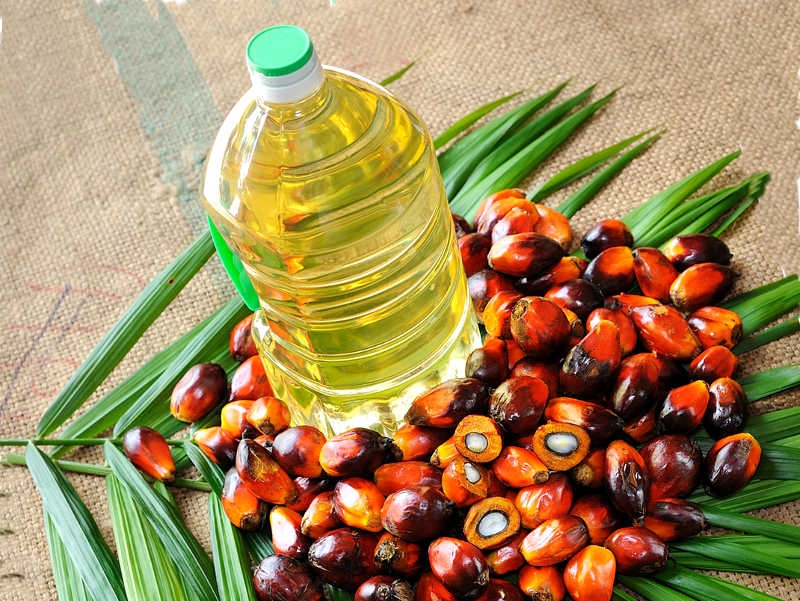Indonesia: Government raises CPO export levy to boost downstream industry

Ministry of Finance has raised the export levy on crude palm oil (CPO) from 7.5 percent to 10 percent, a move the government says is aimed at enhancing productivity and adding value to downstream palm oil products, particularly for smallholder farmers.
The new levy, stipulated under Finance Ministry Regulation (PMK) No. 30/2025, was signed on May 5, promulgated on May 14, and comes into effect on May 17, 2025.
“The adjustment of the export levy is necessary to enhance the productivity and added value of downstream plantation products, especially for the benefit of farmers,” the regulation states.
The levy is imposed through the Public Service Agency for the Palm Oil Plantation Fund Management Board (BLU BPDP) under the Finance Ministry. It applies to the export of palm oil, CPO, and their derivative products, based on a reference price determined by the Ministry of Trade.
According to Article 1 of the regulation, the levy is a service fee charged by BLU BPDP to business actors involved in the plantation sector. These include plantation companies that export raw or derivative commodities, industries using plantation-based raw materials, and general exporters of such products.
Payments are to be made in Indonesian rupiah, using the prevailing exchange rate as determined by the Finance Minister for customs duties, VAT, luxury taxes, export duties, and income tax payments.
The mechanism for levy collection and payment will be governed by technical guidelines issued by the Director of the BLU BPDP.
Indonesia, the world’s largest palm oil producer, relies heavily on levies collected from the industry to fund replanting programs, research and development, and to support the biodiesel program, which absorbs a significant portion of domestic CPO.
Industry stakeholders have expressed concerns in the past about frequent adjustments in export levies, citing potential impacts on competitiveness. However, the government argues that such measures are necessary to ensure sustainability and long-term resilience in the sector.
The levy increase has raised concerns among industry players. Chairman of the Indonesian Palm Oil Entrepreneurs Association (Gapki), Eddy Martono, said that the increase in levies could reduce the competitiveness of Indonesian palm oil exports.
“Compared to Malaysian palm oil, our products are already more expensive due to various levies, export taxes, and domestic obligations. All of this is burdensome,” Eddy said on December 19, 2024.
The increase in levies is in line with the government’s plan to increase the allocation of unmixed biodiesel to fuel retailers. The Ministry of Energy and Mineral Resources said that the allocation for 2025 is targeted to reach 15.62 million kiloliters, a significant increase from 13.4 million kiloliters in this year’s B35 program.
For almost 30 years of expertise in the agri markets, UkrAgroConsult has accumulated an extensive database, which became the basis of the platform AgriSupp.
It is a multi-functional online platform with market intelligence for grains and oilseeds that enables to get access to daily operational information on the Black Sea & Danube markets, analytical reports, historical data.
You are welcome to get a 7-day free demo access!!!
Read also
US to finalize 2026 biofuel quotas by early March and eliminate import duties
Turkish Ports Added to UkrAgroConsult LineUp Reports
EU could overtake Russia in wheat exports after Ukraine’s accession
Scientists prove the effectiveness of split nitrogen application
Sunseed prices in Ukraine may decrease by 500–700 UAH/t
Write to us
Our manager will contact you soon



